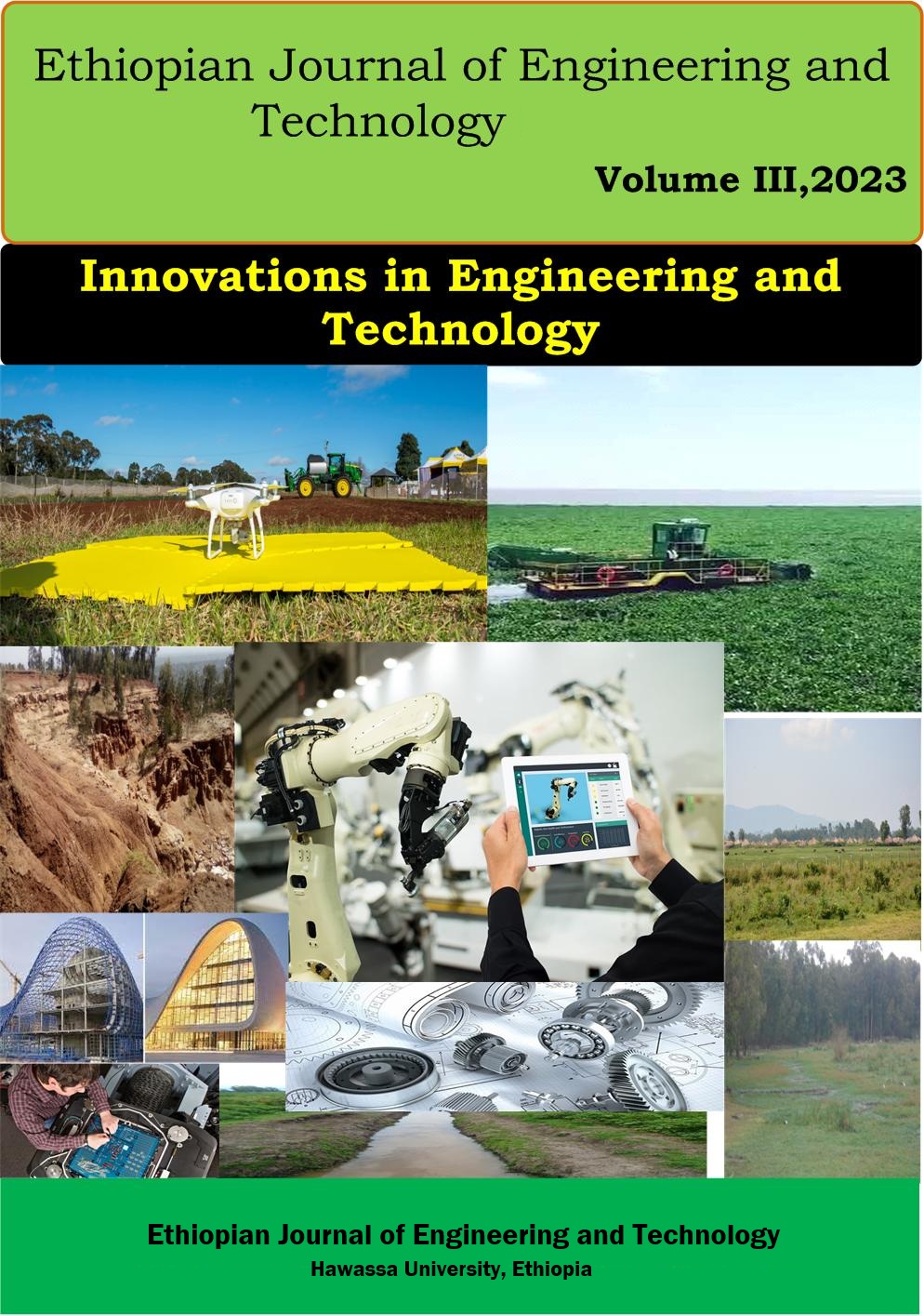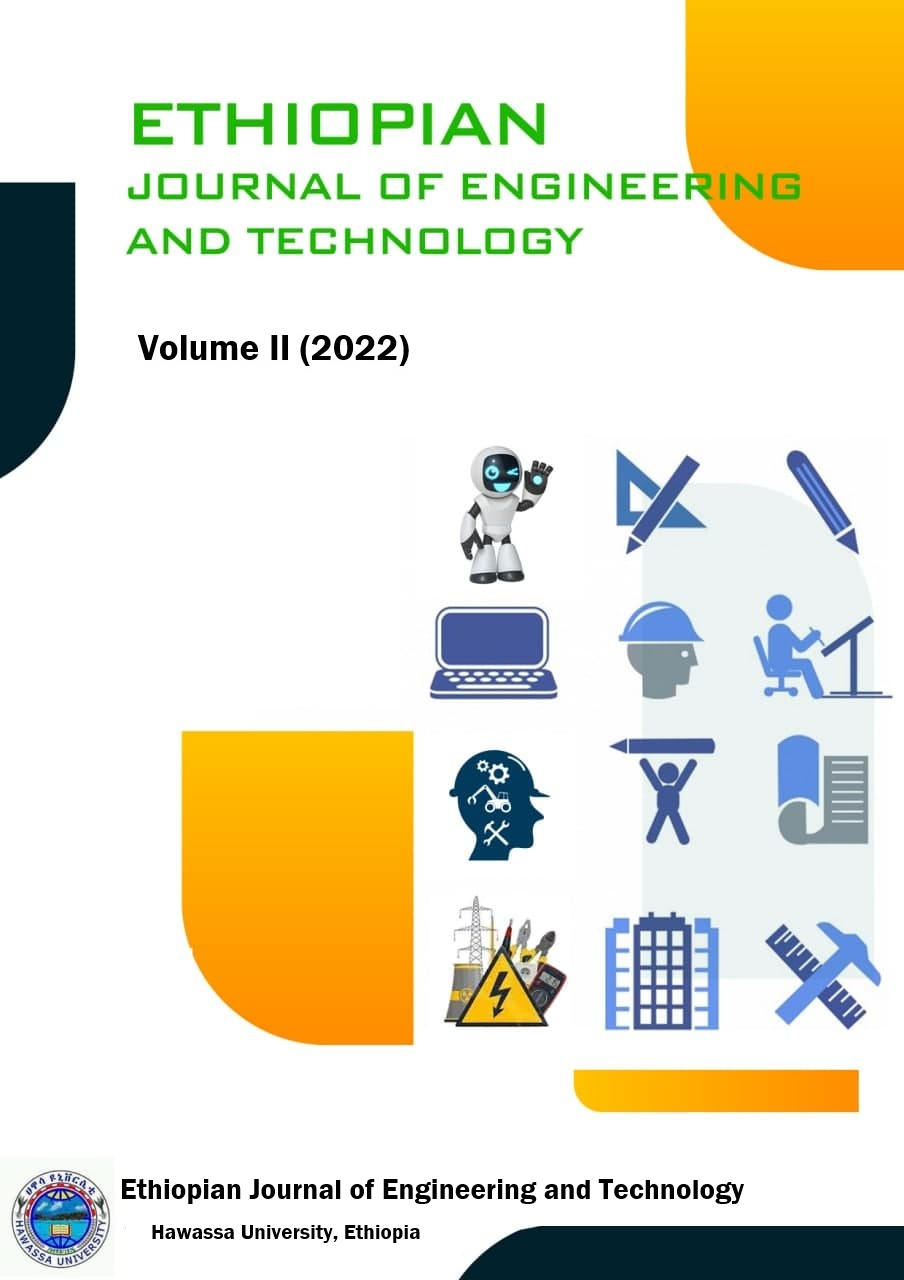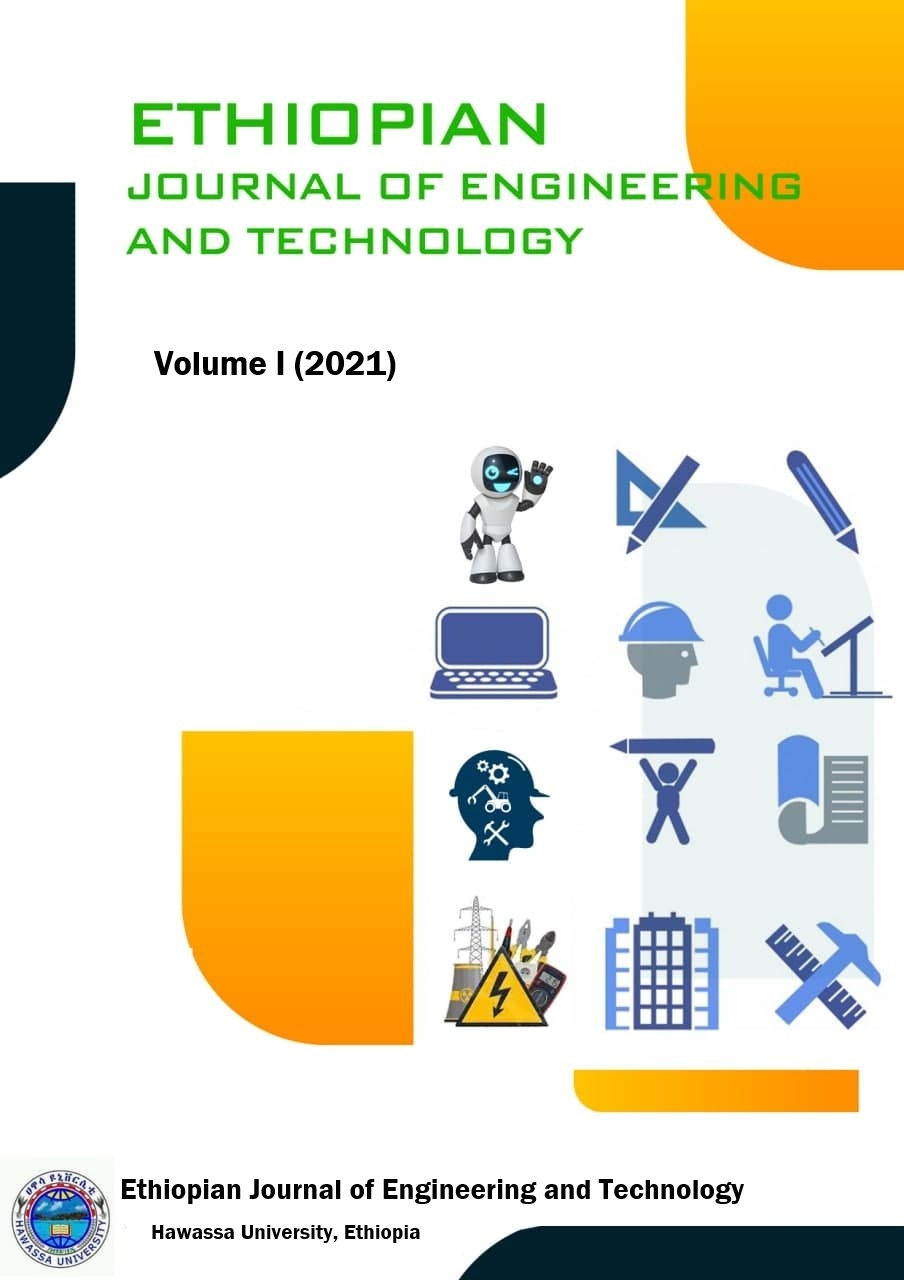Archives
-

Innovations in Engineering and Technology
Vol. 3 (2023)The current volume published articles which contribute new theoretical and applied results in four areas of engineering and technology. Manufacturing process and technologies; extraction and processing; product quality engineering and management; garment and textile technology; industrial project management; plant layout and ergonomics; industry digitalization; knowledge discovery; language and cognition; software and systems engineering; networks and distributed systems; ICT for development; information retrieval; soil and water resource engineering and management; hydrology; irrigation; environmental protection; water supply; energy resources development and utilization; and climate change are the topics addressed in the current publication.
-

Engineering for Development
Vol. 2 (2022)This Issue addresses an important element known as “humanitarian engineering,” “engineering for change,” or “engineering for impact,” or conclusively "Engineering for Development" as a key concept to bring research and practice that combines the principles of engineering with economics, entrepreneurship, design, business, natural resources, and social science to create technology interventions in accordance with and for individuals living in low-resource settings. While most people associate these settings with “developing” or “low-income” countries, the issue calls Development Engineers or practitioners to share their work on societal problems wherever they exist, whether in the world.
-

Ethiopian Journal of Engineering and Technology
Vol. 1 (2021)Engineering Systems is a science that has played a major role in the lives we live in the 21st century. In today’s technology-driven world, engineering is the cornerstone and driver of innovation of the devices we utilize daily to improve our quality of life. The latter driver, namely the new ideas, is actually the element of research in engineering. This special section deals with the general topic of long-term innovative topics for research in Biosystems/Agricultural Engineering, Big Data, Chemical Engineering, Civil engineering, Electrical engineering, Environmental/Water Supply Engineering, Industrial Engineering, Mechanical engineering, Software engineering, Systems Engineering, Water Resources Engineering, and Interdisciplinary engineering.
